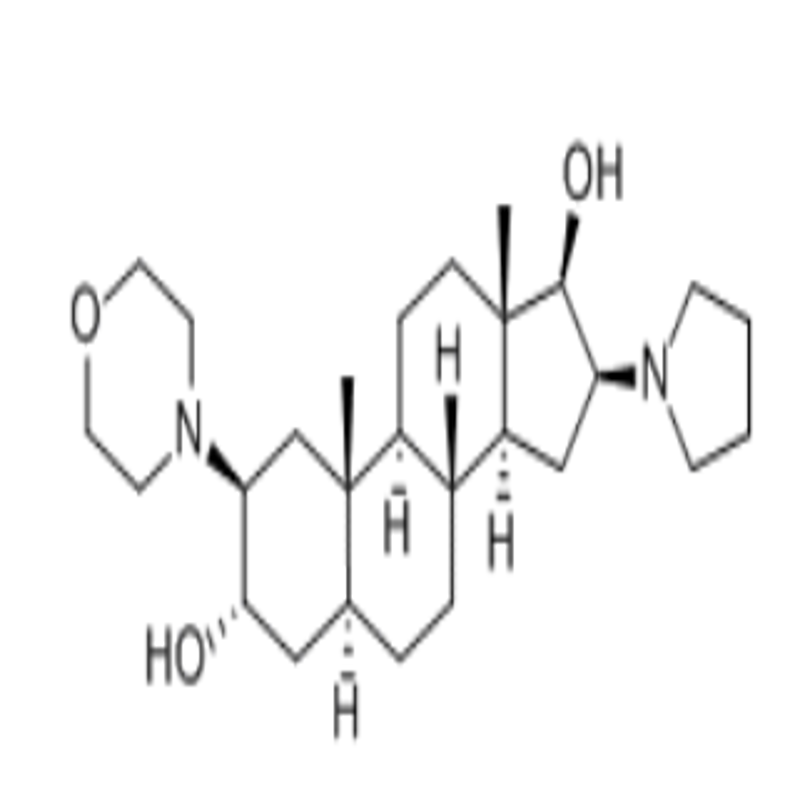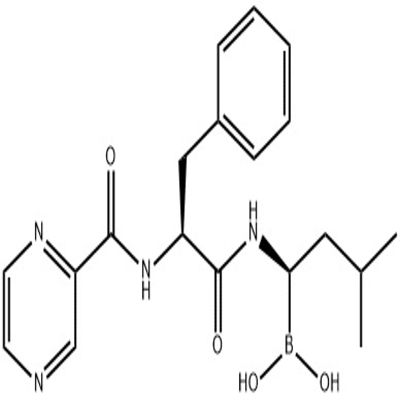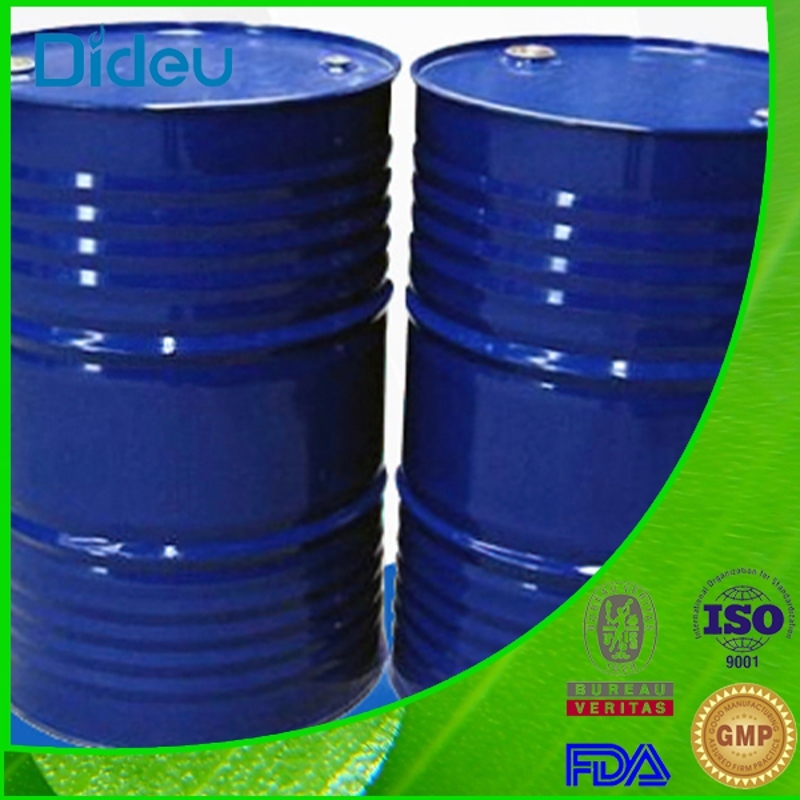The new paper reveals the current status of fecal transplantation in the treatment of various human diseases
-
Last Update: 2020-02-19
-
Source: Internet
-
Author: User
Search more information of high quality chemicals, good prices and reliable suppliers, visit
www.echemi.com
In recent years, many researchers have carried out fecal microbial transplantation (FMT, fecal microbiota) Transplants) has conducted a large number of studies to determine whether it can improve the health of many patients, such as ulcerative colitis and Crohn's disease Now researchers realize that FMT may bring some risks, such as blood infection and the spread of drug-resistant strains In addition, researchers have not conducted FMT related clinical studies in humans Recently, in two research reports published in the international journal Cell Host & microbe, researchers elaborated on how to develop safe and effective FMT therapy to treat human patients Now the FDA has stated that it intends to use FMT to treat a new trial drug for C difficile infection at its discretion, provided that the therapists obtain sufficient informed consent This means that even if the treatment is not approved, it can sometimes be used in special circumstances, without the need to submit a new trial drug application like FDA, while researchers using FMT to treat other diseases still need to submit a new trial drug to FDA At present, researchers are evaluating different preparation methods of FMT, including materials provided by autogenous FMT and fecal bank In addition, a manufacturer is also developing new FMT technology to obtain license Researcher Kate Markey said, we are very glad to have the opportunity to promote the research in fecal microbial transplantation, especially the aspect that FMT may represent the opportunity to improve the prognosis of patients The researchers said that the method of collecting and preparing donation materials is not complicated At present, they do not know the characteristics of the best FMT materials, such as the best bacterial composition for specific results Of course, the FDA is also constantly trying to provide relevant donor screening and testing Researcher Paul Carlson said that although the FDA regularly communicates relevant information in public scientific meetings, we hope that the discussion forum can provide a mechanism to provide information to a wider audience; the researchers want to give an overview of the FDA's supervision of transplanted fecal microorganisms, but they do not provide some considerations to ensure the safety of patients and the viability of bacteria in the transplanted materials Power These considerations include the reference list of potential pathogens screened by donors, and the exclusion of donors with high risk of pathogen exposure In addition, the researchers also considered the manufacturing process and control measures, such as the need to use an anaerobic chamber to store potentially useful bacteria with high sensitivity to oxygen during the manufacturing process of FMT At present, due to the lack of the best FMT for specific diseases Knowledge of bacteria composition, so the loss of aerobic microorganisms in play may have a negative impact on the therapeutic effect The researchers said that it is also very important to set up a placebo-controlled FMT clinical trial to treat specific diseases, because it can help clarify the safety and effectiveness of the treatment and the understanding of the specific mechanism of FMT transplantation; the next step is to carry out a number of clinical trials to verify some products that have been on the market and are still in development, which will be completed with the completion of the trial The true potential of the therapies may become very clear Finally, researcher Carlson said that although there is still a lot of work to be done before FMT therapy becomes mainstream, FDA is currently participating in and continuing to work with scientists engaged in FMT clinical trials, so as to promote FMT to be truly safe and effective for the treatment of patients with certain diseases.
This article is an English version of an article which is originally in the Chinese language on echemi.com and is provided for information purposes only.
This website makes no representation or warranty of any kind, either expressed or implied, as to the accuracy, completeness ownership or reliability of
the article or any translations thereof. If you have any concerns or complaints relating to the article, please send an email, providing a detailed
description of the concern or complaint, to
service@echemi.com. A staff member will contact you within 5 working days. Once verified, infringing content
will be removed immediately.







